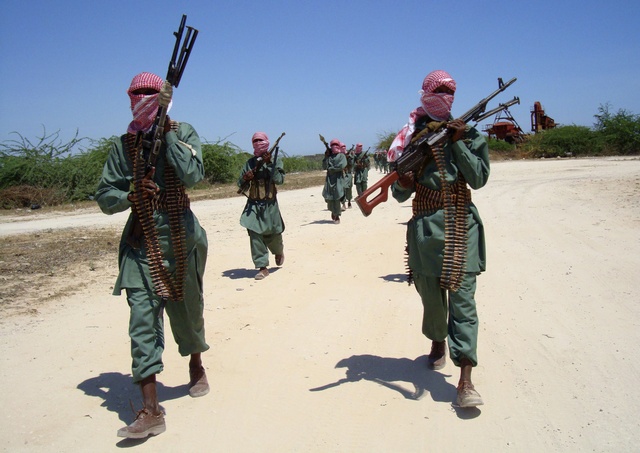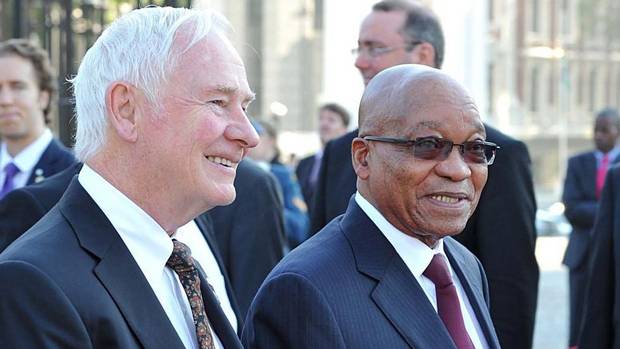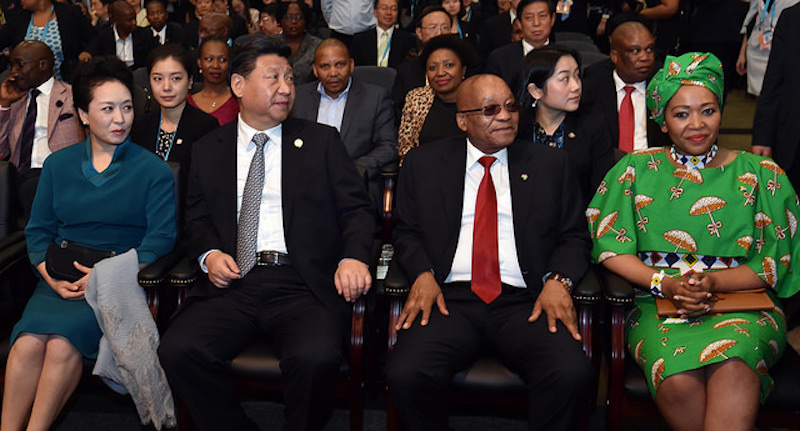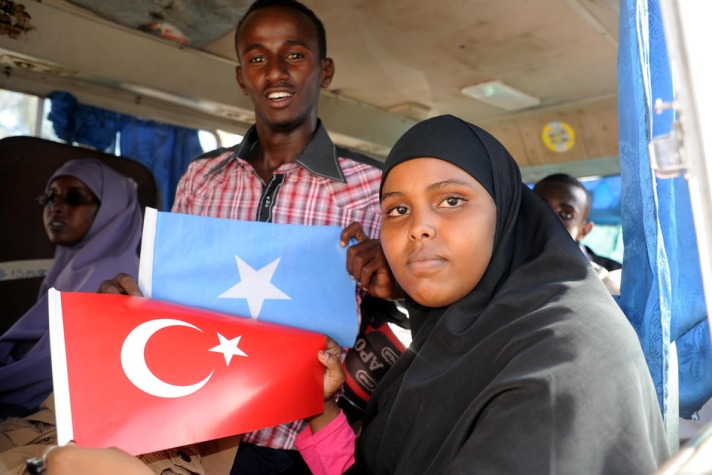[captionpix align=”left” theme=”elegant” width=”320″ imgsrc=” http://i49.tinypic.com/2lit2.jpg” captiontext=”Alexander Lomasney surveys the landscape in Afghanistan.”]
Alexander Lomasney was commissioned as an Infantry Officer in 2006 and conducted trade training and served as a Reserve force Platoon Commander between 2006-2008. He participated in selection for Psychological Operations in the spring of 2009 and was selected to lead a Tactical Psychological Operations Team (TPT) in Kandahar, Afghanistan.
During the deployment, TPT Alpha conducted operations throughout much of Kandahar Province from April to December 2010. The chief objectives of the TPT were to: identify local elders to liaise and negotiate with; conduct messaging to the local national population in order to garner support for Afghan/Coalition forces and to take support away from the insurgency; and to provide planning considerations to battle-space Commanders.
Following this deployment, Alex worked for the US State Department’s Africa Contingency Operations Training and Assistance (ACOTA) program as a contractor with Northrop Grumman. Mr. Lomasney worked from July 2011 to May 2012 on 4-5 week contracts in Burundi. The training mission varied from instructing basic soldier skills and battle drills, to teaching Officers and Sr. Non Commissioned Officers (NCOs) how to formulate plans and lead their men.
Could you describe for me the situation on the ground in your area of operation?
Somalia has been destabilized by different factions of Islamic extremist groups. They aligned their interests under the umbrella organization of Al-Shabab and later claimed official allegiance to Al-Qaeda earlier this year. The ultimate hotspot is Mogadishu, the Capital of Somalia, which has seen a great deal of damage and bloodshed in recent years. The African Union committed to send peacekeepers from neighboring and nearby nations to participate in reestablishing some semblance of order in the region. Burundi is a major contributor to this contingent and my role in this conflict was to train Burundian soldiers and Officers in their home country prior to their deployment to Somalia. Burundi itself is one of the poorest nations on earth; the military pay is an attractive aspect of service for the soldiers, and overall they are very attentive; and as enthusiastic as someone can manage to be on (often times) one meal a day and minimal water.
What specific role did you play?
I was a trainer with the African Contingency Operations Training and Assistance (ACOTA) program. This is a US Department of State (DoS) managed and funded mission. While working for the program, I trained individual soldiers up to Company Grade Officers (Captains and Majors). The soldiers are given lessons on everything from how to conduct a raid, to how to navigate with a map and compass, to UN rules of engagement briefs.
What were the biggest obstacles as a trainer during this mission?
As is often the case when working in developing nations, the language barrier can act as an obstacle. The way around this is through the use of an interpreter and through learning a very basic amount of the local language, mostly for rapport building-not for fluent conversation.
Do you see joint efforts in the area continuing? If so, how?
Yes. The powers of the developed world have learned from recent experiences in Iraq and Afghanistan, either through participation in the missions or passive observation. The nature of warfare has swung temporarily away from force on force set piece battles. The current threat is a decentralized enemy, who often works in familiar terrain and uses guerilla tactics.
Both sides are vying for the support of the population, that is to say, winning hearts and minds. This is by no means a cushy term; at its core Robert Templar’s theory was that by persuading the population in an affected region to believe that their best interests are tied to the success of your force, you can further your successes on the battlefield and achieve better force protection.
One excellent way of doing this is by training and enabling soldiers from the affected country, as well as other countries in the region, to conduct operations themselves. Having more local forces involved helps discredit the insurgent narrative, which paints the Western powers as imperialist crusaders.
These missions are mutually beneficial, a stable Somalia is good for Western interest as well as the interests of nearby countries.
Will we see a model similar to the afghan training mission where western forces gradually fade out of the picture in order for local forces to take over?
The ideal scenario sees this occurring. It may take more time in Somalia to establish a credible military with tolerable corruption levels. However the ultimate end-state in Somalia, I believe, is to transition control of security operations to the host nation.
What effect has this mission had on regional stability?
Up until late 2011 to early 2012, the extremist forces held much of Somalia, including most of Mogadishu. The local national population was totally at the mercy of Al-Shabab and most aid efforts were either impeded by the extremists or halted altogether because of the security situation.
Since the African Union (AU) peacekeepers – trained through the ACOTA program – came into the country in force, the security situation has greatly improved. Compared to this time last year, it is a vastly different scene in Mogadishu. The AU force, comprised primarily of Burundian and Ugandan soldiers, has successfully removed Al-Shabab from the city and pushed them to outlying regions, where they are being actively pursued. Empowering Africans to solve an African problem is the main driver of this success.
Given the high level of corruption in Kenya and the citizens who benefit from Somalia and the surrounding region’s political economy of violence that makes the country somewhat of a safe-haven for al Shabaab, how do we change that perception?
Within Maslow’s Hierarchy of needs, a person’s first concern is food, water and shelter, with the feeling of being secure and safe coming directly after. The first step is to create an environment where aid can be delivered and life can gain some semblance of normalcy. Security is intrinsically linked to this objective. The best way to alter the perceptions of local nationals in Somalia is to do what the African Union is doing; combat Al-Shabab where possible and stabilize the population centers.
In your opinion, where do you see the operation going? And what must be changed?
If the AU continues to receive moral and monetary support from the UN, and soldiers continue to cycle through Somalia, there is hope for the operation. So far, the AU has been more patient than Western powers in counter-insurgencies, realizing that measures of effect cannot be seen for weeks or often months after a given act.
Patience is the ultimate virtue when facing opponents who embrace chaos, and employ fear and hunger as their primary weapons. If the AU remains consistent, stability and normalcy should come to the Horn of Africa.




